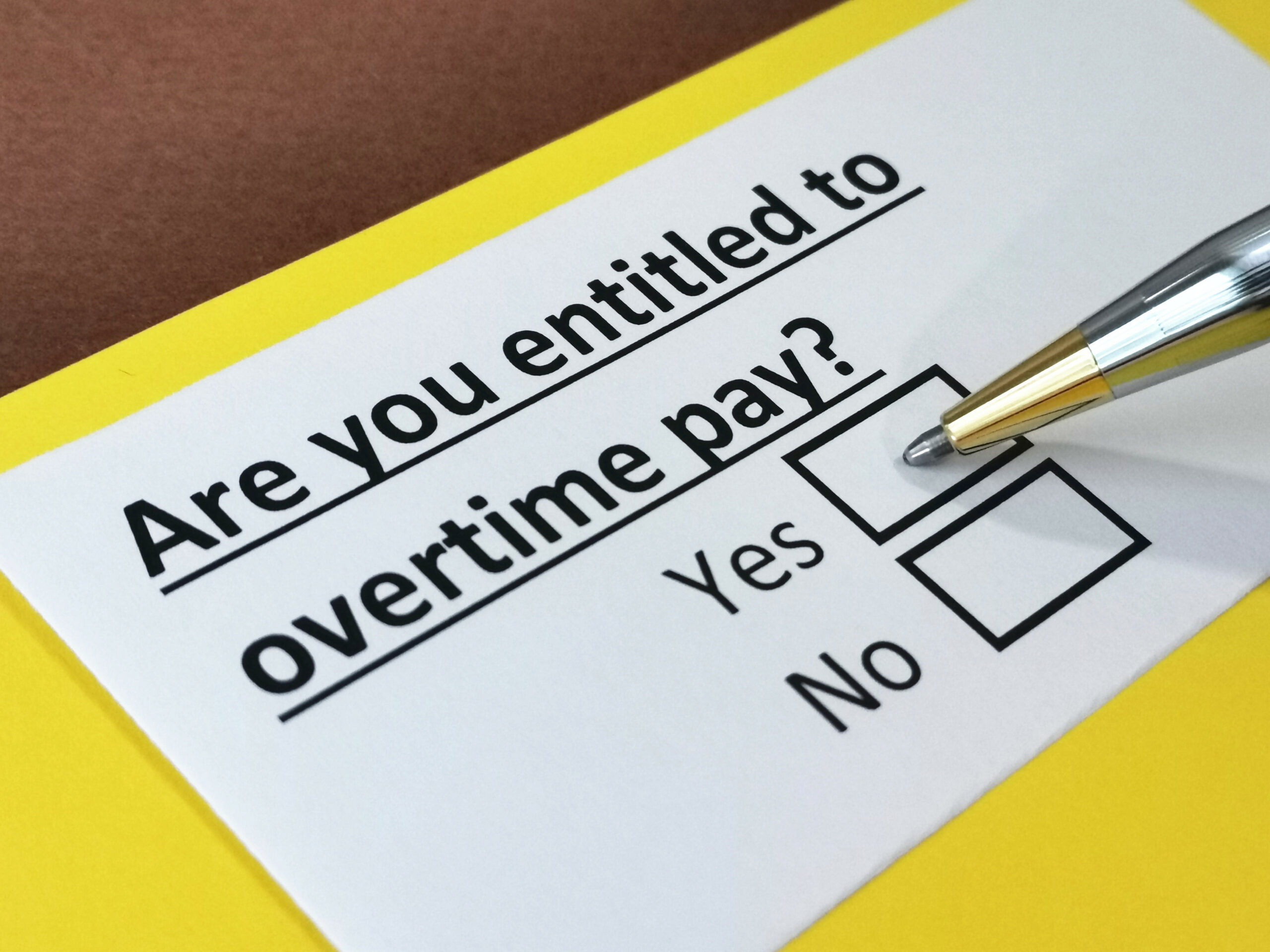Glendale Rent Control?
Rent control protects tenants by limiting rent increases to a certain amount, usually set by a local rent board or tied to a regional CPI annual increase. The Glendale Rent Ordinance protects Glendale tenants, however, the law does not include a rent control component. Instead, the Glendale Rent Ordinance’s preeminent protection is requiring Glendale landlords to assert just cause for eviction. Additionally, the law also mandates one-year lease offers, and prohibits retaliation. Because the Glendale Rent Ordinance regrettably does not contain a rent control provision, one thing is clear: Glendale tenants remain at risk of displacement.
Although the Glendale Rent Ordinance lacks rent control, Glendale tenants may be protected by California Rent Control, which limits rent increases on tenants in covered rental units. Click here to discover the tenant rights and rent limitations provided by California Rent Control (AB 1482).
Additionally, the Glendale Rent Ordinance regulates rent increase notices to a slight degree. Continue reading to discover how, or contact Astanehe Law to discuss the Glendale Rent Ordinance with an experienced tenant attorney.
How Does the Glendale Rent Ordinance Regulate Rent Increase Notices?
For tenants renting a unit on a property with at least five units, the landlord must serve a written one-year lease renewal offer when serving a rent increase notice. Glendale Municipal Code § 9.30.022. For tenants renting a unit on a property with at least three units, the landlord must serve a notice of eligibility for relocation assistance when increasing the rent when serving a rent increase notice. Id. Also, when the rent increase notice exceeds 7%, the landlord must serve a notice of potential eligibility to relocation assistance. Glendale Municipal Code § 9.30.035(I).
Glendale landlords who have not complied with these requirements may not increase the rent. If your landlord has not complied yet still increased the rent, the rent increase is null and void. Contact Astanehe Law to discuss your options with an experienced tenant attorney.
What Happens Where a Rent Increases Causes a Glendale Tenant to Vacate Their Unit?
If a Glendale landlord increases the rent by more than 7% than the rent the tenant paid during the prior twelve months and the rent increases causes the tenant to vacate their unit, the landlord must pay the tenant relocation assistance. Glendale Municipal Code § 9.30.033(A). Where the tenant exercises their right to relocation assistance, the tenant must do so within fourteen days of being served the rent increase notice. Id.
Units built after February 1, 1995, are not covered by this protection and tenants are not entitled to relocation assistance. Glendale Municipal Code § 9.30.033(C).
Can Landlord Bank Rent Increases to Avoid Paying Relocation Assistance?
Yes, the Glendale Rent Ordinance permits a landlord to bank an annual 7% allotments, which the landlord can utilize to avoid paying relocation assistance. Glendale Municipal Code § 9.30.033(B). However, the landlord may only accumulate three years of deferred rent increases – or 21%. Id. Additionally, where the landlord increases the rent by more than 15%, the tenant may elect to vacate the unit and receive relocation assistance. Id.
My Former Landlord May Have Violated the Glendale Rent Ordinance, Do I have a Claim?
Yes, you may have a claim for wrongful eviction, which could entitle you to money damages. Read more here or contact Astanehe Law to discuss the Glendale Rent Ordinance, owner move-in wrongful evictions, or California Rent Control (AB 1482) with an experienced tenant attorney.
Categories
- Agoura Hills
- Alameda
- Albany
- Alhambra
- Aliso Viejo
- Alpine
- Alpine Heights
- Altadena
- American Canyon
- Anaheim
- Antioch
- Aptos
- Arcadia
- Ashland
- Atascadero
- Atherton
- Avocado Heights
- Azusa
- Baldwin Park
- Banning
- Barstow
- Bay Point
- Beaumont
- Bellflower
- Belmont
- Benicia
- Berkeley
- Beverly Hills
- Bloomington
- Bodega Bay
- Bonita
- Bradbury
- Brea
- Breach of the Covenant of Quiet Enjoyment
- Breach of the Warranty of Habitability
- Brentwood
- Brisbane
- Buena Park
- Burbank
- Burlingame
- Calabasas
- Calexico
- California Rent Control
- California Tenants
- Calimesa
- Calistoga
- Camarillo
- Campbell
- Canyon Lake
- Capitola
- Carlsbad
- Carmel-By-The-Sea
- Carpinteria
- Carson
- Casa De Oro-Mount Helix
- Castro Valley
- Castroville
- Cathedral City
- Cerritos
- Charter Oak
- Cherryland
- Chino
- Chino Hills
- Chula Vista
- Citrus
- City of Industry
- Claremont
- Coachella
- Colma
- Colton
- Commerce
- Compton
- Concord
- Corona
- Coronado
- Coronita
- Corte Madera
- Costa Mesa
- Cotati
- Crockett
- Culver City
- Cupertino
- Daly City
- Dana Point
- Danville
- Del Mar
- Desert Hot Springs
- Diamond Bar
- Discovery Bay
- Dixon
- Drawbridge
- Duarte
- Dublin
- Duncans Mills
- East Compton
- East Hemet
- East Los Angeles
- East Palo Alto
- East Whittier
- El Cajon
- El Centro
- El Cerrito
- El Monte
- El Segundo
- El Sobrante
- Elk Grove
- Emeryville
- Encinitas
- Fairfield
- Fairview
- Fontana
- Forestville
- Foster City
- Fountain Valley
- Fremont
- Fullerton
- Garden Grove
- Gardena
- Gilroy
- Glendale
- Glendora
- Goleta
- Grand Terrace
- Graton
- Greenfield
- Grossmont
- Hacienda Heights
- Half Moon Bay
- Hawthorne
- Hayward
- Healdsburg
- Hemet
- Hercules
- Hermosa Beach
- Hespira
- Highland
- Home Gardens
- Huntington Beach
- Huntington Beach Tenants
- Imola
- Imperial Beach
- Indio
- Inglewood
- Irvine
- Irwindale
- Jamul
- Jenner
- Junk Fees
- Jurupa Valley
- Kellogg
- Kensington
- Kentfield
- La Conchita
- La Habra
- La Honda
- La Mesa
- La Mirada
- La Verne
- Ladera Ranch
- Lafayette
- Laguna Beach
- Laguna Niguel
- Lake Elsinore
- Lake Forest
- Lakeside
- Lakewood
- Lancaster
- Landlord Entry
- Larkspur
- Lathrop
- Lawndale
- Lemon Grove
- Livermore
- Lodi
- Loma Linda
- Lomita
- Lompoc
- Long Beach
- Los Alamitos
- Los Alamos
- Los Altos
- Los Altos Hills
- Los Angeles
- Los Berros
- Los Gatos
- Lynwood
- Lynwood
- Malibu
- Manhattan Beach
- Manteca
- Marin City
- Marina
- Marina Del Rey
- Martinez
- Maywood
- Menifee
- Menlo Park
- Mentone
- Middleton
- Mill Valley
- Millbrae
- Milpitas
- Monrovia
- Montclair
- Monte Rio
- Montebello
- Montecito
- Monterey
- Monterey Park
- Moraga
- Morgan Hill
- Morro Bay
- Mountain House
- Mountain View
- Murrieta
- Napa
- National City
- Newark
- Newport Beach
- Nipomo
- Norco
- North Tustin
- Norwalk
- Novato
- Oak Park
- Oakland
- Oceano
- Oceanside
- Ontario
- Orange
- Orcutt
- Orinda
- Owner Move-In
- Oxnard
- Pacific Grove
- Pacifica
- Palm Desert
- Palm Springs
- Palmdale
- Palo Alto
- Palos Verdes Estates
- Paramount
- Pasadena
- Paso Robles
- Penngrove
- Perris
- Petaluma
- Pico Rivera
- Piedmont
- Pinole
- Pismo Beach
- Pittsburg
- Pleasant Hill
- Port Hueneme
- Portola Valley
- Ramona
- Rancho Cucamonga
- Rancho Mirage
- Rancho Palos Verdes
- Rancho San Diego
- Rancho Santa Margarita
- Redlands
- Redondo Beach
- Redwood City
- Release of Claims
- Rialto
- Richmond
- Riverside
- Rodeo
- Rohnert Park
- Rosemead
- Rowland Heights
- Sacramento
- Salinas
- San Anselmo
- San Bernardino
- San Bruno
- San Carlos
- San Clemente
- San Diego
- San Dimas
- San Francisco
- San Jose
- San Juan Capistrano
- San Leandro
- San Lorenzo
- San Luis Obispo
- San Marcos
- San Marino
- San Martin
- San Mateo
- San Pablo
- San Pasqual
- San Pedro
- San Rafael
- San Ramon
- Sand City
- Santa Ana
- Santa Barbara
- Santa Clara
- Santa Clarita
- Santa Cruz
- Santa Maria
- Santa Monica
- Santa Rosa
- Santee
- Saratoga
- Sausalito
- Seal Beach
- Seaside
- Sebastopol
- Security Deposit
- Sewage Flood
- Sheridan
- Sierra Madre
- Signal Hill
- Simi Valley
- Solana Beach
- Soledad
- Sonoma
- South Gate
- South Pasadena
- South San Francisco
- South San Jose Hills
- South Whittier
- Spring Valley
- St. Helena
- Stanton
- Stinson Beach
- Stockton
- Suisun City
- Sunnyvale
- Temecula
- Temple City
- Thousand Oaks
- Tiburon
- Torrance
- Tracy
- Tustin
- Uncategorized
- Union City
- Unlawful Detainer
- Upland
- Valle Vista
- Vallejo
- Venice
- Ventura
- Victorville
- Villa Park
- Vista
- Walnut
- Walnut Creek
- Walnut Park
- Watsonville
- West Hollywood
- West Sacramento
- West San Dimas
- Westlake Village
- Westminster
- Whittier
- Wildomar
- Windsor
- Woodside
- Yorba Linda
- Yucaipa
- Zee Estates
- Zzyzx




